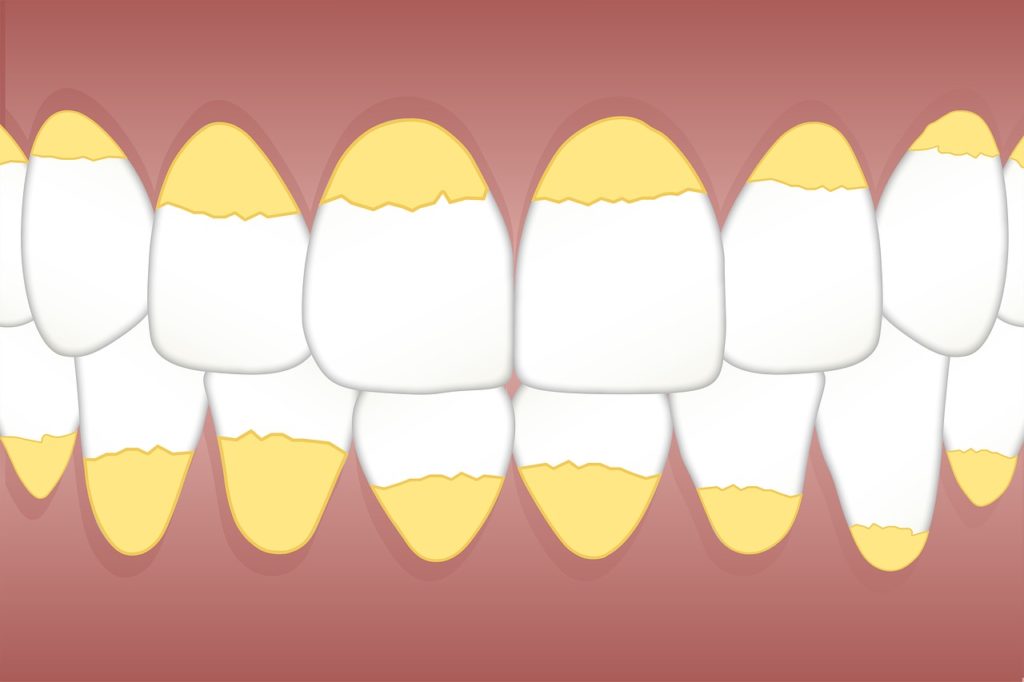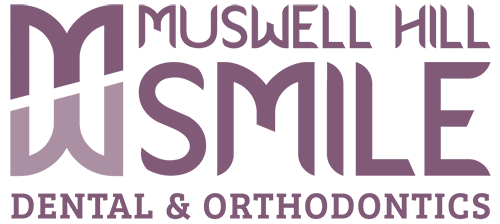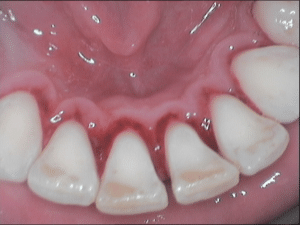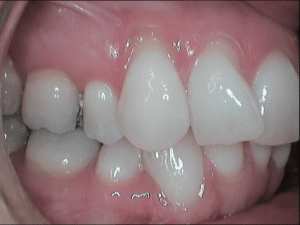
Just like any other part of your body is susceptible to infection, the mouth is no exception. The disease management requires that the infection be identified early for prompt treatment. Gum disease goes deeper than normal physical disease pain. It may affect your relationships as a result of bad breath that comes afterwards. Even worse, it may develop more serious complications such as periodontitis.
This guide will provide a comprehensive in-depth analysis of gum disease, its causes, treatment and various remedies to fight it.
What is gum disease?
Gum disease or gingivitis is a condition characterised by the inflammation of the gums or gingiva. It commonly characterised by red, swollen and bleeding gums. The bleeding may occur while you are flossing or brushing your teeth. It commonly occurs as a result of plaque formation and accumulation on the teeth and gum line. Gingivitis is a non-destructive form of periodontal disease, but if left untreated, it may quickly escalate to periodontitis.
What are the symptoms of gum disease?
While you may want to keep your teeth and gums healthy, your gums may be prone to gum infection if not taken care of properly. Identifying the red flags that indicate infected gums will be a vital way to help prevent further gingivitis and its unwanted side effects.
Here are some signs and symptoms that show you may have infected gums:
- Bright red, tender and swollen gums. The gums tend to bleed during brushing and flossing.
- Bad taste within your mouth accompanied by a persistent mouth odour.
- White spots or plaques on the gums.
- Pus produced between the gums and interdental spaces.
- Loosened teeth that lead to eventual tooth loss.
- Receding gums that pull away from your teeth.
- A noticeable change in the way your teeth fit during a bite or fitting your dentures.
If you have identified some of the signs above, it is important that you consult your dentist. The dentists at Muswell Hill Smile will assess the severity of the infection and offer advice on the proper course of action.
The major causes of gum disease
Gingivitis results from a variety of reasons. These may include:
o Improper oral hygiene – This is the biggest culprit in causing gingivitis. Improper brushing and flossing leads to a build-up of plaque on teeth and around the gum line. The plaque will then harden forming tartar. The tartar worsens the gingivitis, causing the gums to recede and cause damage to the jaw bone.
o Crooked, rotated and overlapping teeth – Less straight teeth make it difficult to be cleaned properly as they create crevices and little pockets that encourage more room for plaque accumulation.
o Hormonal changes in puberty, pregnancy and menopause – The increased hormone levels are correlated with gingivitis as they cause blood vessels in the gum to be more susceptible to bacterial and chemical attacks.
o Poor nutrition– A diet high in sugar and carbohydrates increases the formation of the plaque. Also diets lacking vitamin C will result in scurvy that may be characterised by gingivitis.
Other factors that increase the risk include:
o Chewing and smoking tobacco
o Stress
o Mouth breathing
Best Treatment of Gum Disease
If correctly identified at an early stage, the effects of gingivitis can be easily corrected. As soon as you notice the gum infection, you should consult your dentist. There are numerous treatment options that may be applied for treatment. The procedures vary with the severity of the infection. Here are some of the methods of treatment available at our Muswell Hill London clinic:
- Antibiotic therapy– Just like any bacterial infection, antibiotics can be used to treat your gingivitis. The dentist may recommend antibiotic pills or a direct injection on the gum at the infected site.
- Gingivectomy– This method involves removal of infected gum tissue as a form of treatment.
- Flap surgery– If the infection is too severe, the dentist may recommend a bone and tissue graft surgery.
- Root planning and scaling treatment– This is an advanced method of treatment that involves professional dental cleaning. The dentist cleans deeply between your teeth and gums to remove the plaque.
Remedies for Gingivitis
For thousands of years, there have been remedies that have been suggested to help treat gum disease. Some of the remedies include:
- Green tea
- Hydrogen peroxide mouth wash
- Gurgling saltwater
- Gurgling baking soda diluted in water
- Mouth swishing and rising with coconut and sesame oils
These are not proven to be effective treatments, but people claim they can help with gum disease and the discomfort.
Preventing Gum infections
Maintaining healthy gums and teeth is an easy feat, if you make oral hygiene a priority every day. Brushing and flossing daily can significantly reduce the risk of gum disease and the more destructive periodontitis. Investing in a proper toothbrush, paste and anti-gingivitis mouth wash will provide for a healthier and fresher mouth all around. Don’t forget to visit a dental professional at least twice a year for teeth cleaning.
Are you suffering from gum disease? We at Muswell Hill Smile will offer personalised care and treatment to ensure you are back smiling again within no time. Feel free to contact us to schedule your dental check-up.






